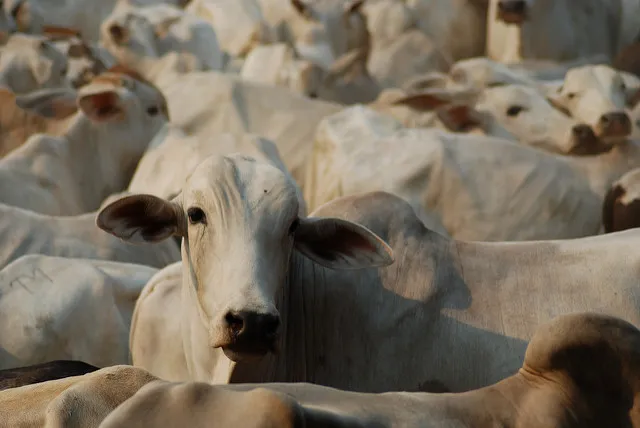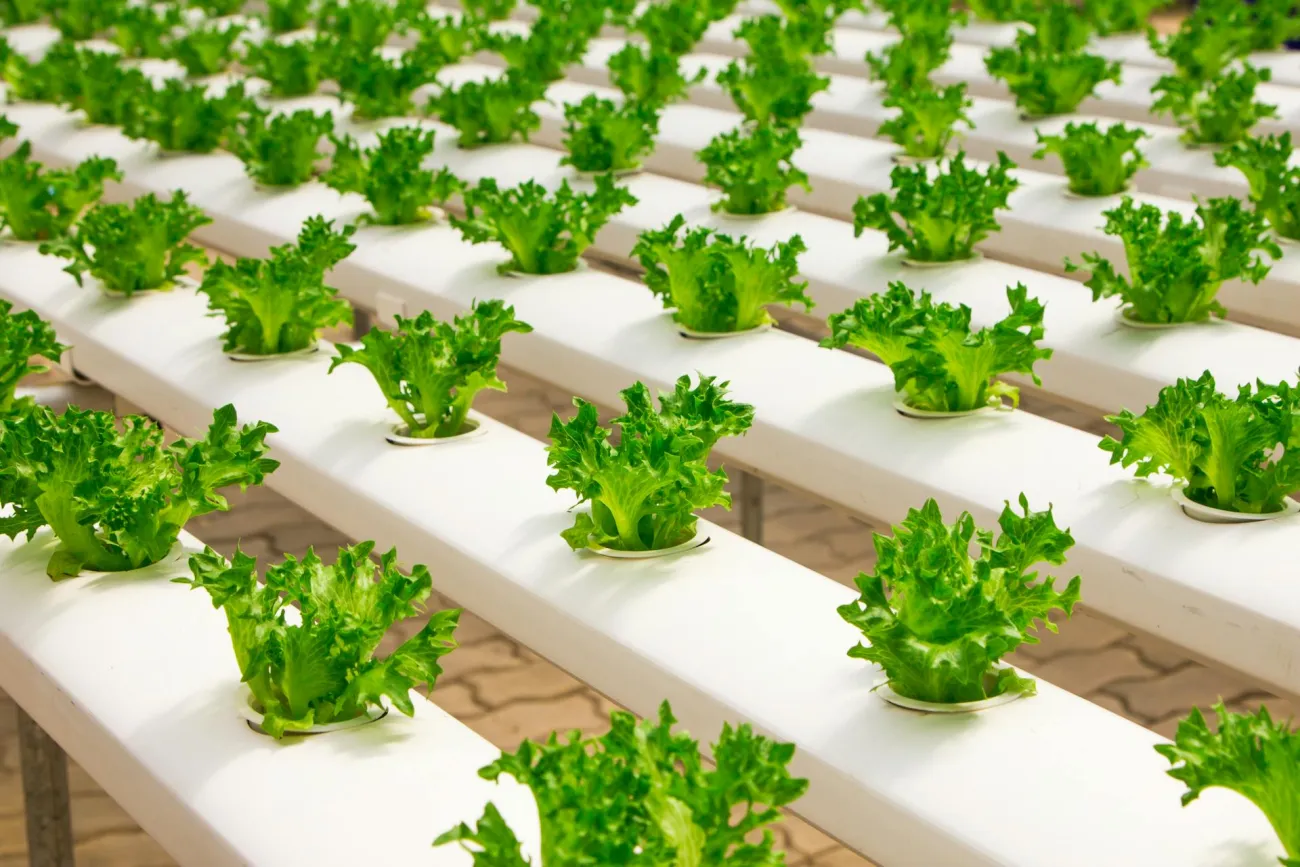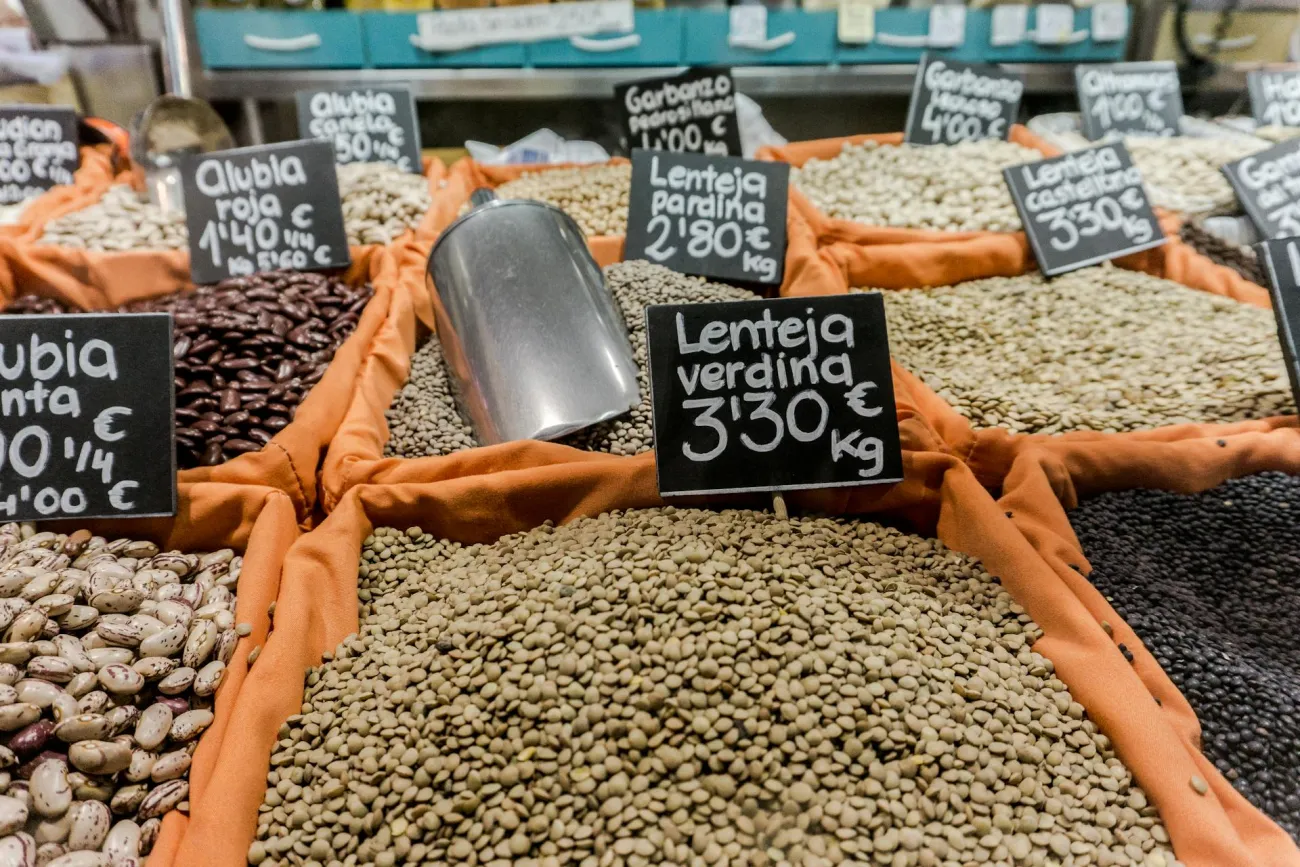FCRN member Erasmus zu Ermgassen of the University of Cambridge has surveyed six NGO initiatives that are promoting sustainable cattle ranching in the Brazilian Amazon by using intensified pasture production to avoid deforestation. He finds that high-productivity cattle ranching is possible, requiring investment of US$410–2180/ha with payback times of 2.5–8.5 years. However, several barriers exist, including knowledge transfer, financial support and transparency in cattle supply chains.

Four beef and two dairy production systems were surveyed. Methods of intensification include rotational grazing, pasture fertilisation using synthetic fertilisers or leguminous plants, agroforestry with timber or leguminous trees, and increased stocking rates. Some of the systems supplement pasture with silage or concentrate feed, but none of the systems are landless concentrated animal feeding operations.
The greenhouse gas emissions of some of the systems are discussed briefly. For example, two studies cited by the paper estimate that beef has a lower carbon footprint when produced under the Novo Campo Programme, compared to conventional ranches. Meanwhile, an initial estimate for the carbon footprint of one silvopastoral system studied shows a higher carbon footprint in the silvopastoral system than on neighbouring farms.
The paper mentions that legume-enhanced pastures can reduce greenhouse gas emissions by replacing fertilisers dependent on fossil fuels, and cites a study showing that mixed pastures of grass and forage peanut have lower N2O emissions than pure grass pastures. However, the climate implications of, for example, switching from unfertilised to fertilised pasture are not discussed in detail.
Animal welfare implications are not discussed in detail, although the paper does mention that planting trees and shrubs in pasture areas can create shade that reduces heat stress in the cattle.
Abstract
Agriculture in Brazil is booming. Brazil has the world’s second largest cattle herd and is the second largest producer of soybeans, with the production of beef, soybeans, and bioethanol forecast to increase further. Questions remain, however, about how Brazil can reconcile increases in agricultural production with protection of its remaining natural vegetation. While high hopes have been placed on the potential for intensification of low-productivity cattle ranching to spare land for other agricultural uses, cattle productivity in the Amazon biome (29% of the Brazilian cattle herd) remains stubbornly low, and it is not clear how to realize theoretical productivity gains in practice. We provide results from six initiatives in the Brazilian Amazon, which are successfully improving cattle productivity in beef and dairy production on more than 500,000 hectares of pastureland, while supporting compliance with the Brazilian Forest Code. Spread across diverse geographies, and using a wide range of technologies, participating farms have improved productivity by 30–490%. High-productivity cattle ranching requires some initial investment (R$1300–6900/ha or US$410–2180/ha), with average pay-back times of 2.5–8.5 years. We conclude by reflecting on the challenges that must be overcome to scale up these young initiatives, avoid rebound increases in deforestation, and mainstream sustainable cattle ranching in the Amazon.
Reference
zu Ermgassen, E., de Alcântara, M.P., Balmford, A., Barioni, L., Neto, F.B., Bettarello, M.M., de Brito, G., Carrero, G.C., de AS Florence, E., Garcia, E. and Gonçalves, E.T., (2018). Results from on-the-ground efforts to promote sustainable cattle ranching in the Brazilian Amazon. Sustainability, 10(4), 1301.
Read the full paper here. See also the Foodsource resource Focus: the difficult livestock issue and the FCRN report Grazed and Confused.




Comments (0)